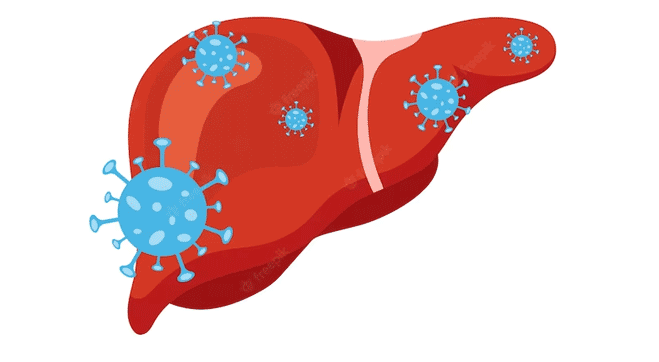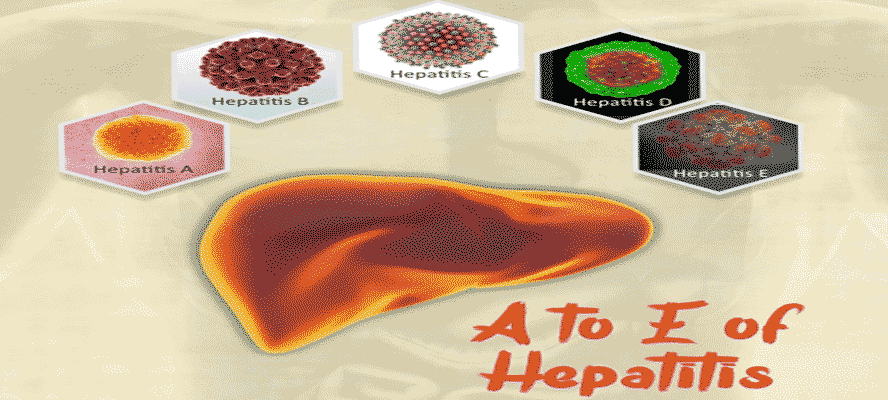An anti-HCV test is an antibody test used to detect the presence of antibodies to the hepatitis C virus (HCV) in a person's blood. The test is used to diagnose HCV infection and determine if a person has been exposed to the virus. A positive test result indicates that a person has been exposed to HCV. Still, it does not mean they currently have an active infection. Further tests, such as an HCV RNA test, are needed to confirm the current infection and determine if the person has chronic HCV.
Hepatitis B and C are not currently curable. Still, you can manage them with medication to slow the progression of liver damage and reduce the risk of complications. A vaccine is available for Hepatitis B, and antiviral treatment can effectively manage chronic Hepatitis B and C infections.
Yes, hepatitis C (HCV) is curable by leveraging antiviral medications taken for 8-12 weeks. The cure rate for HCV infection is as high as 99% with the newest antiviral treatments, but the treatment success depends on factors like, HCV strain, the patient's overall health, & any other liver disease.
A high viral load for hepatitis C (HCV) is generally considered when the level exceeds 800,000 IU/mL. However, its definition can vary depending on the type of HCV and the individual patient's health status, so it's best to consult a healthcare provider for a more specific and accurate answer.
Yes, HCV antibodies can disappear in some individuals, but the time frame for this can vary. Factors influencing the disappearance of HCV antibodies include the individual's immune response, the amount of HCV in the blood, and the course of treatment received.
Hepatitis C positive is caused by the Hepatitis C virus, which transmits through blood-to-blood contacts, like sharing needles, receiving a blood transfusion or organ transplant, or being born to a mother with HCV. Less commonly, HCV can spread through sexual contact or accidental needle sticks.


























